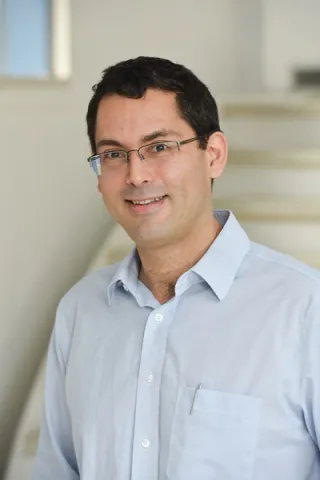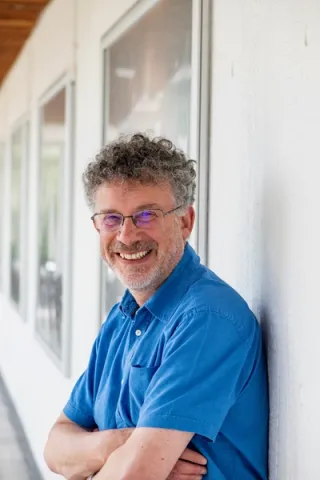About the project
Density Functional Theory (DFT) calculations are typically limited to tens of atoms due to the steep increase of the computational effort with the number of atoms. Recent developments have led to “linear-scaling” reformulations of DFT which allow calculations with thousands of atoms which are ideal for complex systems.
The ONETEP program is a leading linear-scaling DFT approach because it retains the full accuracy of conventional cubic-scaling DFT calculations.
The aim of this PhD is to use linear-scaling DFT to explore hydrogen diffusion mechanisms and paths in actinide materials. The computation of diffusion at the DFT level will provide major new insights into the processes that happen during operation and storage.
As a further target, investigation of surface adsorption of hydrogen will be carried out to understand how hydrogen enters the bulk to diffuse and how this process is affected by surface termination and conditions such as pressure and temperature, or solvents.
An important technical advantage that ONETEP will provide here is that we will be able to simulate models with several thousand atoms achieving structures and concentrations of defects that are closer to reality than with smaller models. The project will involve collaboration with an industrial partner (AWE), subject to contract agreement, who will provide guidance on the most relevant materials. Extensive access to supercomputing resources will be provided for these simulations via local and national facilities.
Funding for this project is offered by the Centre for Doctoral Training in Complex Integrated Systems for Defence & Security (CISDnS), which will recruit motivated and inquisitive candidates across the themes of Digital, Physical and Biological systems to provide a diverse and interconnected cohort training environment.
As well as carrying out research training in a world-leading research group, membership of CISDnS will provide the opportunity for you to be exposed and trained to handle the interdisciplinary challenges faced in the real-world via a Systems Thinking approach.
You will learn about the wider challenges of research and innovation within the Defence & Security sector from both your peers and the numerous industry partners supporting the Centre.

